
As a federal contractor, you may be wondering what the big deal is regarding TAA-compliance? There are many cheaper options online to buy from that include manufacturers from China, India and Malaysia. So, why pay decidedly more for essentially the same product. Well, that is what we are going to clear the water for you today, so that you can keep your federal government clients happy while ensuring that they have the most secure product at their disposable.
This may come as a shocker to many resellers and distributors who are keen on receiving the best deal on product but China is not a TAA-compliant country. Therefore, it should not be used as a source for smart card readers especially if you sell your products to the federal government, and that is for good reason. The Chinese government is well-known for trying to hack into U.S.-based systems and has successfully done so on multiple occasions in both the private and public sector. For example, the widely published Equifax hack was perpetrated by those in the Chinese military.
So, what better way to do that than through smart card readers that help provide logical access to computers. These computers operated by the federal government and their agencies using PIV cards may have confidential information that only a certain small number of people are authorized to access. This is especially the case for agencies responsible for national security. Imagine if the Chinese had tampered with the “PIV-compliant” smart card reader that you bought with surveillance abilities and could send those credentials through the internet to their servers. Let us just say that they may end up knocking on your door.
How Well Does Tx Systems Know About TAA-compliance?
Tx Systems knows how TAA-compliance works as we are a GSA-approved distributor to many agencies within the federal government which include the FBI and the NIH and has supplied PIV IDs/smart cards. Since 1997, Tx Systems has sold a wide variety of smart cards, smart card readers, biometric scanners and tokens to both federal agencies and enterprise customers. All of which have allowed our customers to protect their vital security assets from the threats of bad actors. To find out more on the solutions that we offer, we have created a solutions page to guide you towards solving your unique challenge.
What is the big deal about security products made in China?
The intense scrutiny on Chinese-made security products came with the National Defense Authorization Act (NDAA) passed in 2018 that banned purchases from Dahua, Hikivision and Hytera.
Last year, the White House, Congress and the FCC continued their pressure on Chinese surveillance systems manufacturers and Chinese electronics manufacturers after concern over potential spying on the U.S government and its citizens. Chinese surveillance manufacturers, Dahua Technology Co. and Hangzhou Hikivision Digital Technology Co., were both scrutinized for their usage in U.S. public schools and in state/local government buildings. This along with ZTE Corp., a popular smartphone manufacturer, and Hytera Communications Corp., a two-way radio manufacturer.
The FCC proposed an order to ban these surveillance and telecom products within the U.S. with a mandate that the effected government buildings/schools have their surveillance equipment removed. The FCC also created a Covered List of manufacturers in 2020 for the above-listed Chinese-based manufacturers as potential national security threats. So, this is certainly not old news and was bound to become more heated.
Overall, the federal government sees these Chinese manufacturers as a national security threat for potentially assisting the efforts of the Chinese Communist Party (CCP) and rivaling the U.S. on the global scale. Given that both Hikivision and Dahua are the two largest video surveillance companies in the world with sales accounting for 20% of the video surveillance equipment in the U.S., it only makes sense that you look elsewhere for video surveillance systems. You wouldn’t want to replace your whole system that you spent thousands of dollars on after you just installed it. Plus, for original equipment manufacturers (OEM) that sell products to the federal government, it may be best to keep an eye out on those you buy from in case there are Chinese-made components within your products.
So, going for TAA-compliant countries would be your safest bet to avoid this brewing fight all together.
Where can I find out more about TAA-compliant smart card readers?
The Trade Agreements Act (TAA) was built to foster fair international trade amid countries with strict import/export policies towards the U.S. TAA-compliant products are manufactured mainly in the U.S. or supporting countries that follow:
For a simple and easy listing of TAA-compliant countries (updated March 2022), visit TAA Designated Countries by FEDSched for more information as there is even an interactive map with green countries being TAA-compliant. Overall, as a federal government contractor approved by the GSA Schedule, you need to be careful with sourcing your products because even the smallest components can be written off as TAA non-compliant. You would not be able to sell that to your client and would need to purchase another batch of compliant product eating into your bottom line. Don’t be fooled though, there are countries that are seen as manufacturing hubs such as China or India where it seems that most of the products sold in the U.S. are from. Both China and India are NOT TAA-compliant. You may be able to see these to private companies, but the government will not accept them.
Although, you pay more for the PIV-compliant smart card readers made in the U.S. or other TAA-compliant countries, you ensure that they are safe to use and sellable to your federal government clients. Plus, the quality is knowingly better than that of China as they produce their products quickly with a focus on quantity sold. These manufacturers know that it is hard to turn down a smart card reader with PIV access for less than $5 as it is much more accessible because that low price is being referenced against higher quality product that goes for over $30 per reader. But low price is not everything especially when the federal government’s goal is for strong security. So, quality is what matters the most to them.
As a final note, keep in mind that the best benefit is that the federal agencies will decidedly come back if you provide them with a strong working product because you have established trust with them. Think about what who the other federal agencies will purchase from when they know that you deliver with integrity .
How can Tx Systems help you to search for PIV-compliant smart card readers?
Tx Systems is a trusted source for some of the most well-known manufacturers in this space such as HID , Identiv and ACS. Each of these manufacturers has a plethora of PIV smart card choices that are TAA-COMPLIANT to fit your specific use case and for your federal clients. For more assistance with finding the best PIV-compliant smart card reader for you, feel free to reach out to us at sales@txsystems.com.
What types of TAA-compliant smart card readers do you offer at Tx Systems?
Here is a short list of TAA-compliant for smart card readers with PIV access that you can sell to your federal government customers:
**There are much more to choose from on our site underneath within our CAC/PIV subcategory **
- Identiv SCR3310 V2 CAC/PIV USB 2.0 Smart Card Reader
- Thursby Android TSS-AN06 Smart Card Reader
- Identiv uTrust SmartFold SCR3500 USB 2.0 Type-A Contact Smart Card Reader
- Identiv uTrust SmartFold SCR3500 USB 2.0 Type-B Contact Smart Card Reader
- Identiv uTrust SmartFold SCR3500 USB 2.0 Type-C Contact Smart Card Reader
- Identiv uTrust 2700 F USB 2.0 Type-A Contact Smart Card Reader
- Identiv uTrust 2700 R USB 2.0 Type-A Contact Smart Card Reader
- AvidCard CAC USB 2.0 Type-A Smart Card Reader
- HID OMNIKEY 3021 TAA Type-A USB 2.0 Contact Smart Card Reader
- Identos Tactivo USB 2.0 Type-A mini **iOS-COMPATIBLE** Smart Card Reader
- Identos Tactivo USB 2.0 Type-A mini **ANDROID-COMPATIBLE** Smart Card Reader



